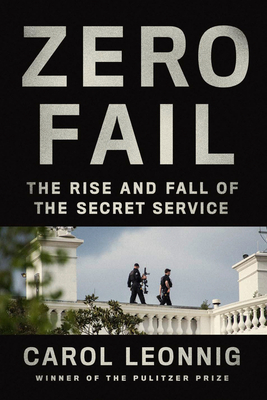Subscribe to Read
Sign up today to enjoy a complimentary trial and begin exploring the world of books! You have the freedom to cancel at your convenience.
The Socratic Method: A Practitioner's Handbook
| Title | The Socratic Method: A Practitioner's Handbook |
| Writer | |
| Date | 2025-07-06 15:25:39 |
| Type | |
| Link | Listen Read |
Desciption
A thinking person’s guide to a better life. Ward Farnsworth explains what the Socratic method is, how it works, and why it matters more than ever in our time. Easy to grasp yet challenging to master, the method will change the way you think about life’s big questions. “A wonderful book.”―Rebecca Goldstein, author of Plato at the Googleplex. About 2,500 years ago, Plato wrote a set of dialogues that depict Socrates in conversation. The way Socrates asks questions, and the reasons why, amount to a whole way of thinking. This is the Socratic method―one of humanity’s great achievements. More than a technique, the method is an ethic of patience, inquiry, humility, and doubt. It is an aid to better thinking, and a remedy for bad habits of mind, whether in law, politics, the classroom, or tackling life’s big questions at the kitchen table. Drawing on hundreds of quotations, this book explains what the Socratic method is and how to use it. Chapters include Socratic Ethics, Ignorance, Testing Principles, and Socrates and the Stoics. Socratic philosophy is still startling after all these years because it is an approach to asking hard questions and chasing after them. It is a route to wisdom and a way of thinking about wisdom. With Farnsworth as your guide, the ideas of Socrates are easier to understand than ever and accessible to anyone.As Farnsworth achieved with The Practicing Stoic and the Farnsworth’s Classical English series, ideas of old are made new and vital again. This book is for those coming to philosophy the way Socrates did―as the everyday activity of making sense out of life and how to live it―and for anyone who wants to know what he said about doing that better. Read more
Review
I first discovered Ward Farnsworth's work when I happened across some of his work on law, and found it in equal parts accessible, insightful, and illuminating. It was my great fortune to later discover that he's written on a wide variety of other topics, and always seems to have something of great value to say. To an interdisciplinarian like myself, this diversity of topics is more than welcome, but further reflection, especially upon reading this latest offering on the Socratic Method, makes me think there's actually a great unifying purpose behind many (if not all) of his books: Ward Farnsworth is teaching us how to think. Whether examining the finer points of legal thought (The Legal Analyst), training us to evaluate the complexities of chess positions (Predator at the Chessboard), or explaining how we can use Socratic questioning to improve our own thinking (the present book), he reliably presents deep information in a way that has the potential to elevate the reader's own cognition.This book is perhaps the best source I've read on the Socratic method. That's not to say it's the best book about Socrates--it isn't and doesn't try to be. But if you're looking to develop a deep (or deeper) understanding of the mechanics of the Socratic method itself, I don't think you could do any better. Rich with examples and quotations, the book will turn the complete novice into an informed practitioner of the Socratic method (and the experienced Socratic thinker into a more refined one). Though other books have thoroughly treated the topic from a variety of angles, I don't know of any other that manages to provide detailed and comprehensible *instruction* in the Socratic method without devolving into a formulaic step-by-step process that loses almost everything of value in the method itself. This book does so, and manages to be an entertaining read at the same time.Readers familiar with Farnsworth's previous work (particularly his The Practicing Stoic) will take delight in this book's further consideration of Greek philosophy, especially its fifteenth and sixteenth chapters concerning how Socratic thought has been carried in various directions by the Stoics and Skeptics. These connections make it easy to fit this work within the larger conversation Farnsworth has been having with his readers over the course of his several books.On the other hand, those interested in becoming more skilled practitioners of the Socratic method may find the greatest value in the seventeenth and eighteenth chapters (and the epilogue) which come the closest one possibly could to supplying a formula for Socratic inquiry (without losing sight of the method's art in the process, however).However, I maintain that all of us would do well to spend some time with Socrates. This form of thinking, unnatural to the human mind but immeasurably valuable, is an important and timely antidote to the kinds of bad thinking that have been amplified (particularly by social media) in recent years, as the author acknowledges openly in the preface. And if one wants to explore the world of Socratic thought, I can think of no finer guide than Ward Farnsworth.




